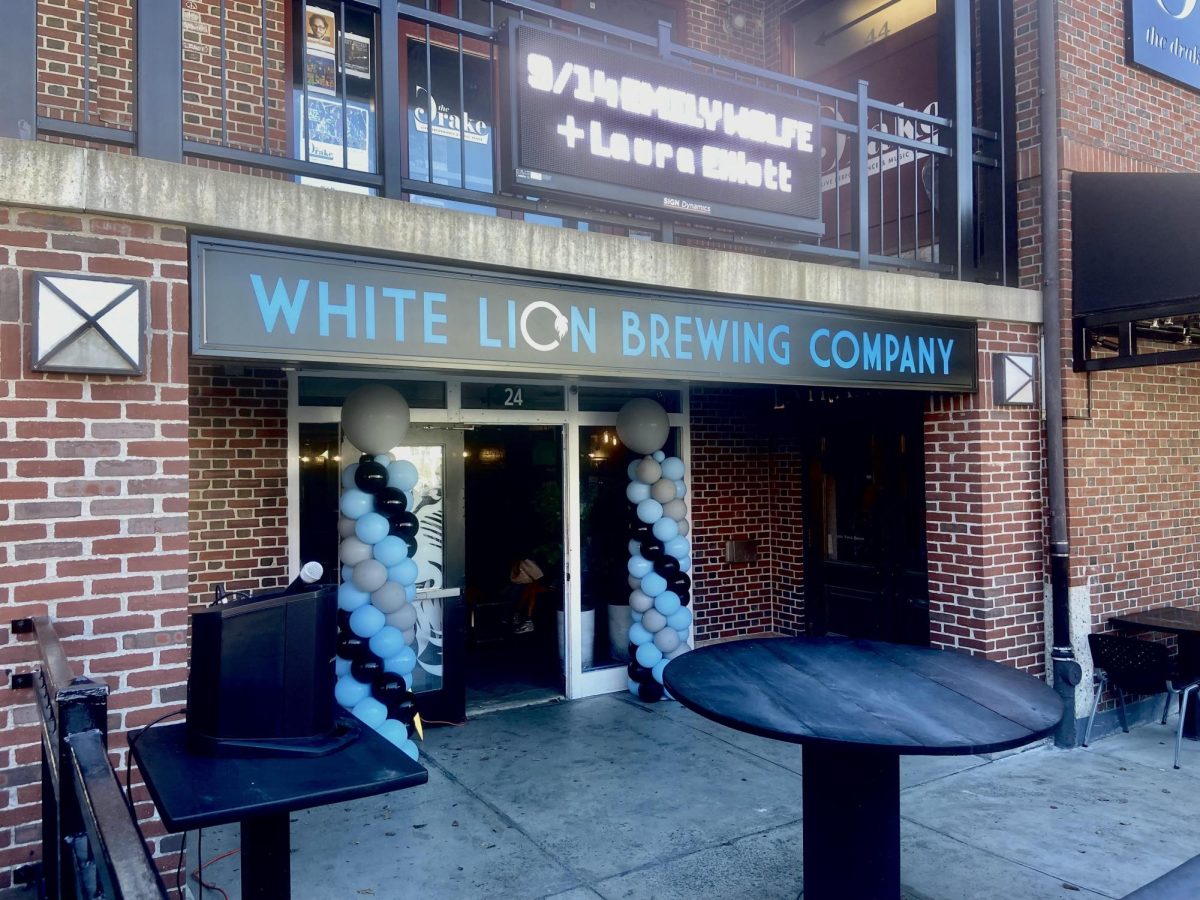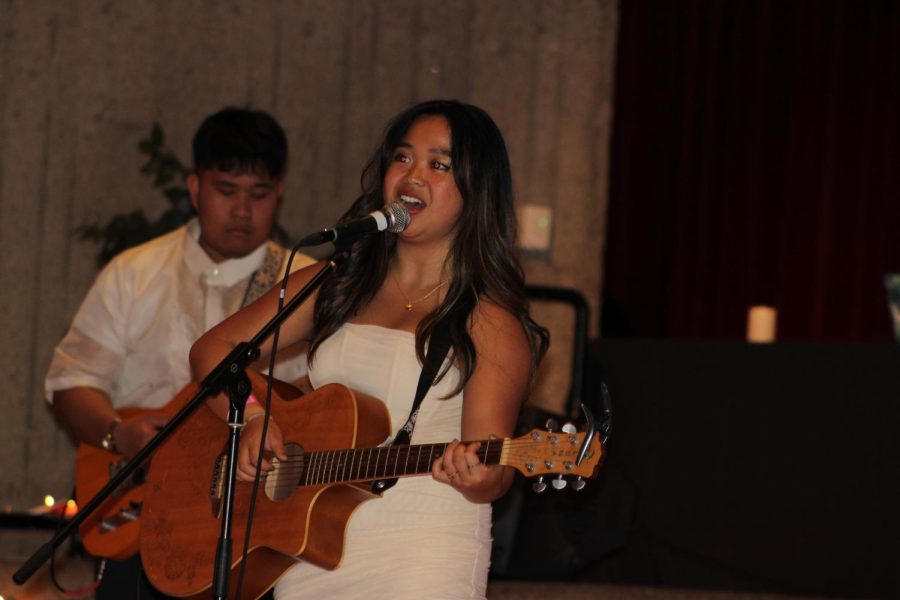
Due to a number of circumstances ranging from financial woes to lack of preparation, graduation rates at colleges and universities are decreasing across America.
According to an article in the Chronicle of Higher Education, of 1,400 surveyed universities, one-third reported a decrease in graduation rates for the six-year period ending in 2008, compared to the period ending in 2003. The other two thirds of the universities improved, but by just 2 percent.
The graduation rate for the class entering the University of Massachusetts in 2004 over a six-year period was 69 percent, much higher than the average rate of 55.9 percent nationwide, according to the National Center for Higher Education Management Systems.
This issue has drawn concern at all levels of government, including the White House itself.
“America has fallen to ninth in the proportion of young people with degrees,” President Barack Obama said during his State of the Union Address last Tuesday.
The College Board cautioned that this gap could lead to weakening America’s economic competitiveness, especially due to the fact that private universities have raised tuition by 4.4 percent and public universities by 6.5 percent over the past two years alone. According to a College Board report, universities have had to raise tuition because government has cut support to public universities, leaving them strapped for sources of income and sometimes forced to raise tuition and fees.
Faced with a record-shattering deficit, the government has been forced to issue less money to federally-funded college aid programs.
According to The Chronicle report, universities are admitting more students who are less prepared for college because they bring with them money the schools need.
“Some research shows that if schools raise their academic standards for admission, graduation rates go higher not lower, so I think there is some evidence showing that student preparedness for college is one of the factors that influences graduation rates,” said Ron Hambleton, co-director of the Center of Educational Assessment at UMass.
In the past nine years, the highest four-year graduation rate at UMass was the class that entered in the fall of 2002, with a 51.3 percentage rate, according to data released by the UMass Office of Institutional Research. However, the same data set revealed that out of the rest of the 48.7 percent, only 19.4 percent continued for their fifth year at UMass.
It should be noted that the UMass system only counts full-time students who started and graduated at that specific university within six years of enrolling. It does not count transfer students or students going to school part-time, or students who take longer than six years to graduate. According to the Chronicle report, their study excludes about 50 percent of enrolled students.
Currently, one-third of all students transfer to different schools during their college enrollment according to The New York Times.
According to a report by the National Center for Public Policy and Higher Education, 17 percent of American college students graduate with a degree, which places the U.S. sixteenth internationally in terms of graduation rate. Obama stated in his first State of the Union Address that education is essential to economic and social prosperity and that his administration was drafting plans to attempt to raise graduation rates by 2020. This effort could cost the government $158 billion, according to a study conducted by the Georgetown University Center for Education and the Workforce.
One way the Obama Administration is helping the graduation rate is through the new higher education tax credit, which is part of the $787 billion stimulus package passed in 2009. This tax credit provides a $2,500 tax break for parents of college students during college enrollment. This aims to help with the financial struggle families face when paying tuition and will hopefully help the graduation rates start to increase.
Although graduation rates seem to be lower across the country, Massachusetts’ public universities ranks in the top 10 in graduation rates, according to Katy Abel, the Associate Commissioner for External Affairs from the Massachusetts Department of Higher Education. However, Abel also mentioned that Massachusetts ranks forty-fifth in the nation on spending for public higher education.
Massachusetts is trying to increase its graduation rates further with efforts like The Vision Project, an effort to emphasize the strength of Massachusetts’ public universities.
Claire Reid Kiss can be reached at [email protected]




